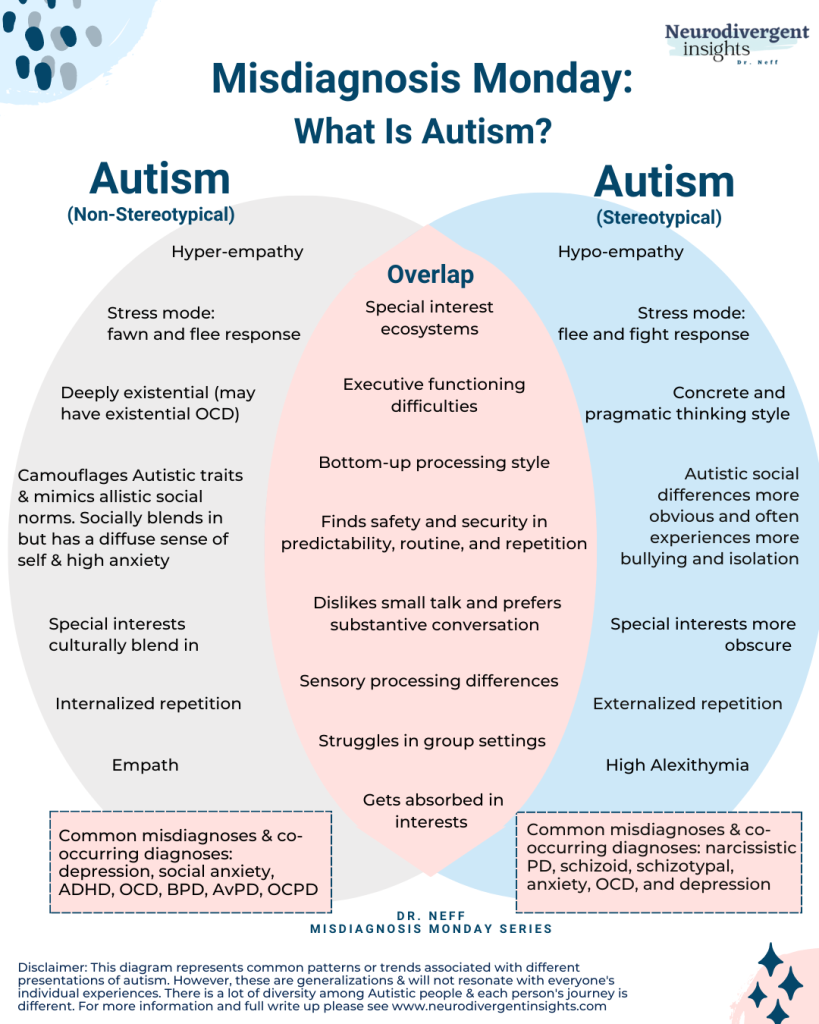Detecting autism in adults in Australia presents unique challenges and factors that reflect the developing comprehension of the selection and the diverse needs of individuals. Unlike youth diagnoses that often rely on early developing indicators, person autism examination involves recognizing refined behavioral styles, conversation variations, and social difficulties that may have been camouflaged on the years. The procedure needs a comprehensive and culturally painful and sensitive approach that acknowledges the diverse skills and activities of individuals seeking assessment.
Australia’s diagnostic structure for person autism is influenced by globally acknowledged requirements such as the Diagnostic and Mathematical Guide of Intellectual Problems (DSM-5) and the Global Classification of Diseases (ICD-10). Nevertheless, specialists doing assessments in Australia are encouraged to undertake a person-centered, strengths-based perception that thinks an individual’s special neurodiversity and national context.
Accessibility to diagnostic services is an essential facet of the Australian landscape, and initiatives are being produced to address disparities in access to assessments across regions. Cities generally have significantly more assets and specific specialists, while rural and remote areas might experience problems in providing regular and detailed diagnostic services. Raising consciousness and building diagnostic volume in underserved areas stay focal details for increasing accessibility.
The diagnostic method an average of requires a multidisciplinary staff, including clinical psychologists, psychiatrists, speech pathologists, and occupational therapists. This collaborative method guarantees a holistic review that thinks cognitive talents, language proficiency, physical sensitivities, and mental health factors. More over, specialists are increasingly realizing the importance of involving individuals in the diagnostic process, valuing their self-reported experiences and insights.
Cultural competence represents a vital role in the diagnostic trip for people seeking evaluation in Australia. Indigenous Australians, culturally and linguistically diverse communities, and persons from numerous backgrounds require tailored methods that know the impact of lifestyle on phrase and notion of autism. Specialists are inspired to engage in constant social competency teaching to ensure a nuanced knowledge of varied perspectives.
Late-diagnosed adults may possibly experience unique problems because they steer the complex thoughts and adjustments that are included with understanding their neurodivergent identity. The diagnostic trip usually extends beyond the assessment it self, involving post-diagnostic support, including counseling, psychoeducation, and the progress of coping strategies tailored to the individual’s advantages and challenges.
The acceptance of sex range within the autism spectrum is yet another changing aspect of analysis in Australia. Traditional diagnostic conditions, of traditionally centered on generally guy displays, may not capture the varied expressions of autism in girls and individuals with varied gender identities. Efforts are underway to refine diagnostic tools and raise understanding of the unique activities of autistic people over the sexuality spectrum.
Research and advocacy perform built-in jobs in surrounding the continuing future of person autism examination in Australia. Constant studies contribute to a further understanding of the prevalence, experiences, and needs of people on the spectrum. Advocacy agencies, diagnosing autism in adults australia national and regional, work towards destigmatizing autism, raising awareness, and influencing policy improvements that prioritize the addition and well-being of autistic people in Australian society.

In summary, diagnosing autism in people in Australia requires a vibrant and person-centered approach that realizes the individual’s unique benefits, difficulties, and cultural context. The ongoing attempts to improve availability, cultural competency, and awareness subscribe to a far more inclusive and supportive atmosphere for people seeking diagnosis and navigating their neurodivergent identities in the Australian context.
